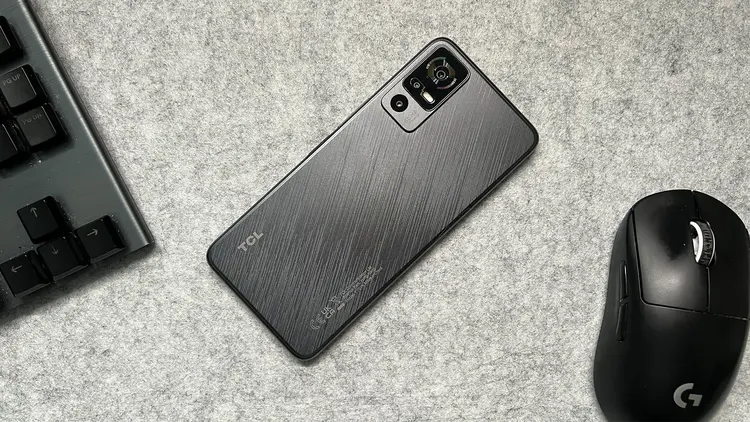Laptop Review: Finding the Perfect Device for Your Needs
When it comes to choosing a new laptop, the options can be overwhelming. With countless brands, models, and specifications to consider, finding the perfect device for your needs can feel like an impossible task. However, with the right guidance, you can make an informed decision that will meet your requirements and provide you with the best possible user experience.
Key Points:
- Identify your needs and purpose
- Consider the operating system
- Choose the right specifications
- Research the brand and model
- Compare prices and read reviews
Identify your needs and purpose
Before diving into the world of laptops, it’s important to identify your needs and determine what you’ll primarily be using the device for. Are you a student looking for a laptop for your studies? Do you need a device for gaming or creative work? Understanding your purpose will help you choose the right specifications and narrow down your options.
Consider the operating system
The operating system (OS) is an essential aspect to consider when choosing a laptop. The three major operating systems on the market are Windows, macOS, and Chrome OS. Windows is the most common and offers a wide range of software compatibility. macOS is known for its sleek design and smooth performance, but it’s only available on Apple devices. Chrome OS is lightweight and perfect for web browsing, but it has limited offline capabilities. Choose an OS that aligns with your preferences and needs.
Choose the right specifications
Once you’ve determined your needs and the operating system, it’s time to consider the specifications that will enhance your user experience. The key specifications to pay attention to include:
- Processor: The processor is the brain of your laptop and determines its speed and efficiency. Intel Core processors are popular for their performance and power.
- RAM: Random Access Memory (RAM) impacts how smoothly your laptop runs multiple programs simultaneously. 8GB of RAM is the sweet spot for most users.
- Storage: Decide between a traditional Hard Disk Drive (HDD) or a Solid State Drive (SSD). HDD offers more storage at a lower cost, while SSD provides faster performance.
- Graphics Card: If you’ll be using your laptop for gaming or graphic-intensive tasks, a dedicated graphics card is essential. NVIDIA and AMD are the leading graphics card manufacturers.
- Battery Life: Consider how long you need your laptop to last on a single charge. Look for a device with a battery life that aligns with your usage habits.
Research the brand and model
When it comes to laptops, not all brands and models are created equal. It’s essential to research the reputation and reliability of the brand and model you’re considering. Look for reviews from users and experts to gauge the overall performance, build quality, and customer support of the device. Pay attention to any known issues or recurring complaints.
Compare prices and read reviews
Once you’ve narrowed down your options based on your needs, operating system, specifications, and brand/model research, it’s time to compare prices. Check multiple retailers and online marketplaces to find the best deal. Alongside comparing prices, read customer and expert reviews to gain insights into the real-world performance and user experience of the laptop. Consider the pros and cons mentioned in the reviews to make an informed decision.
Main takeaway
Choosing the perfect laptop requires careful consideration of your needs, the operating system, specifications, brand/model reputation, and price. Take your time to research and compare various options to ensure you find a device that meets your requirements and provides a satisfying user experience. By following these guidelines, you’ll be well on your way to finding the laptop that’s perfect for you.













